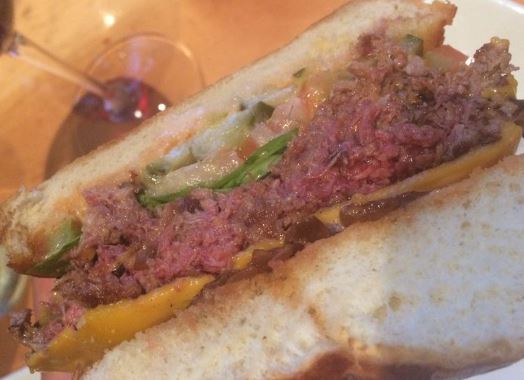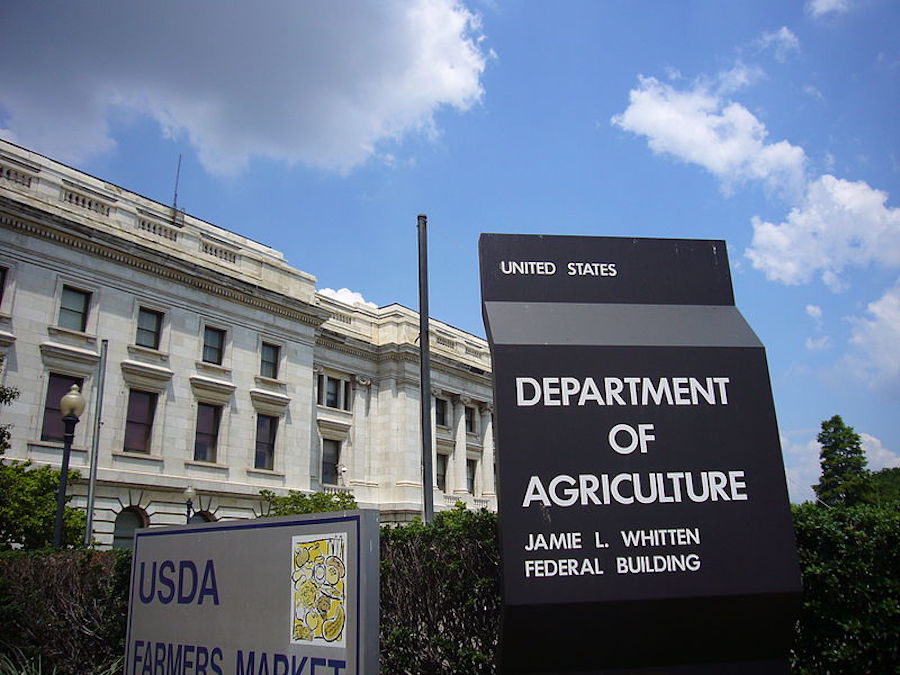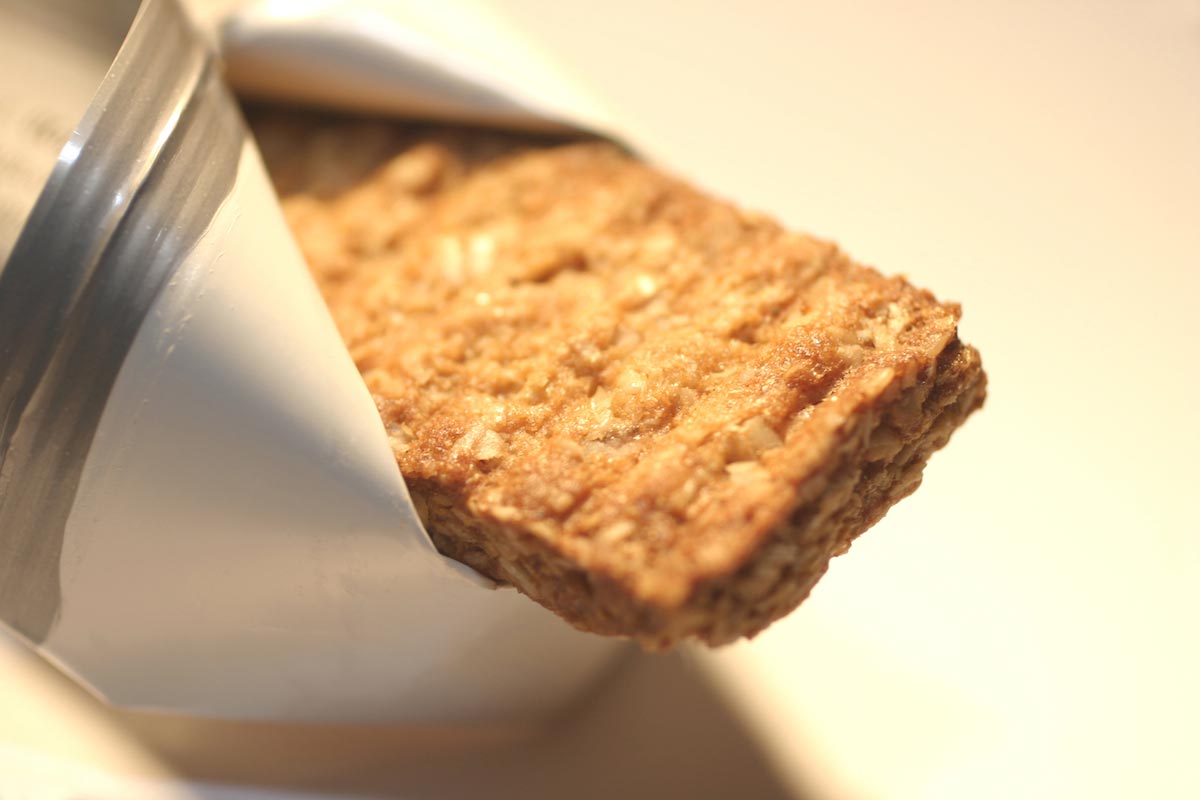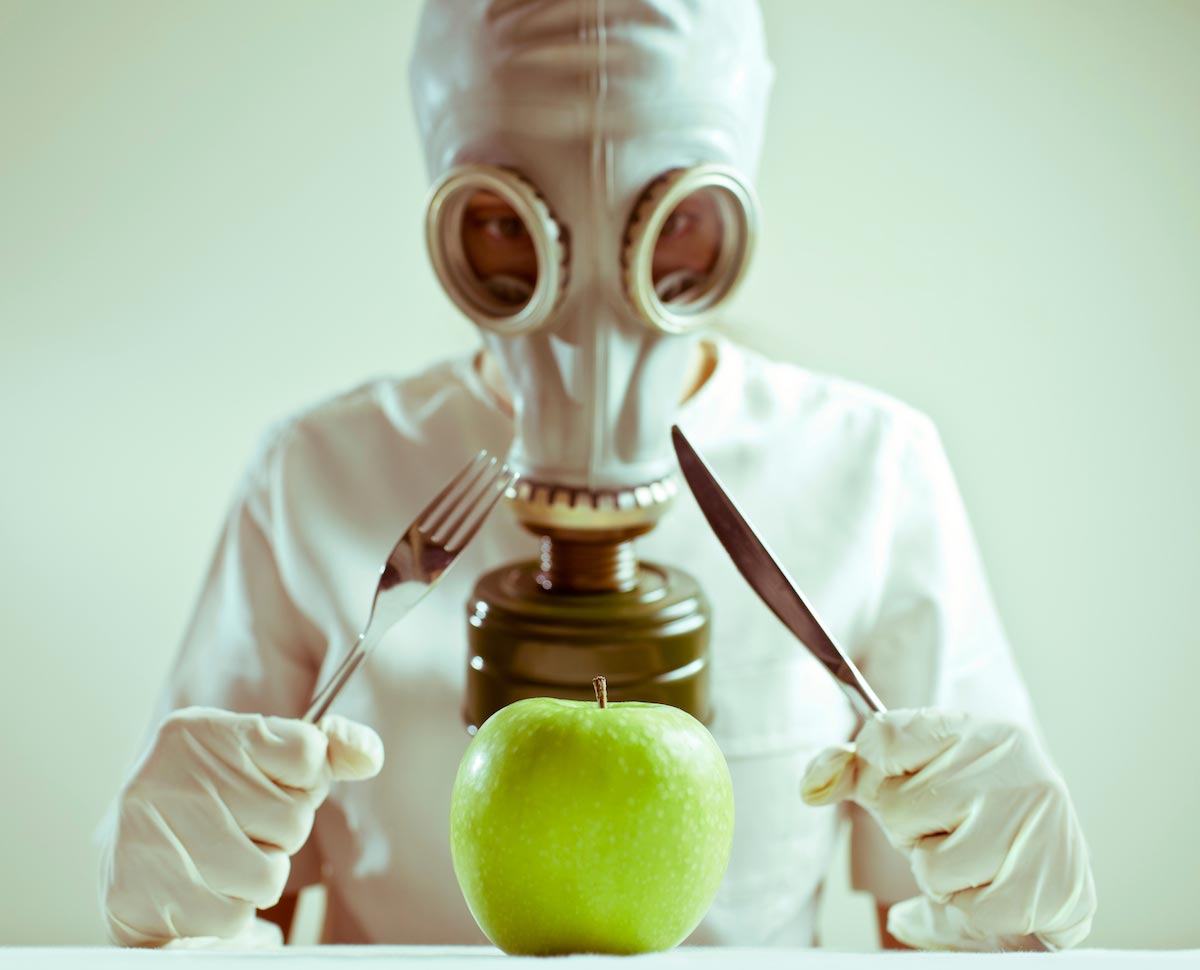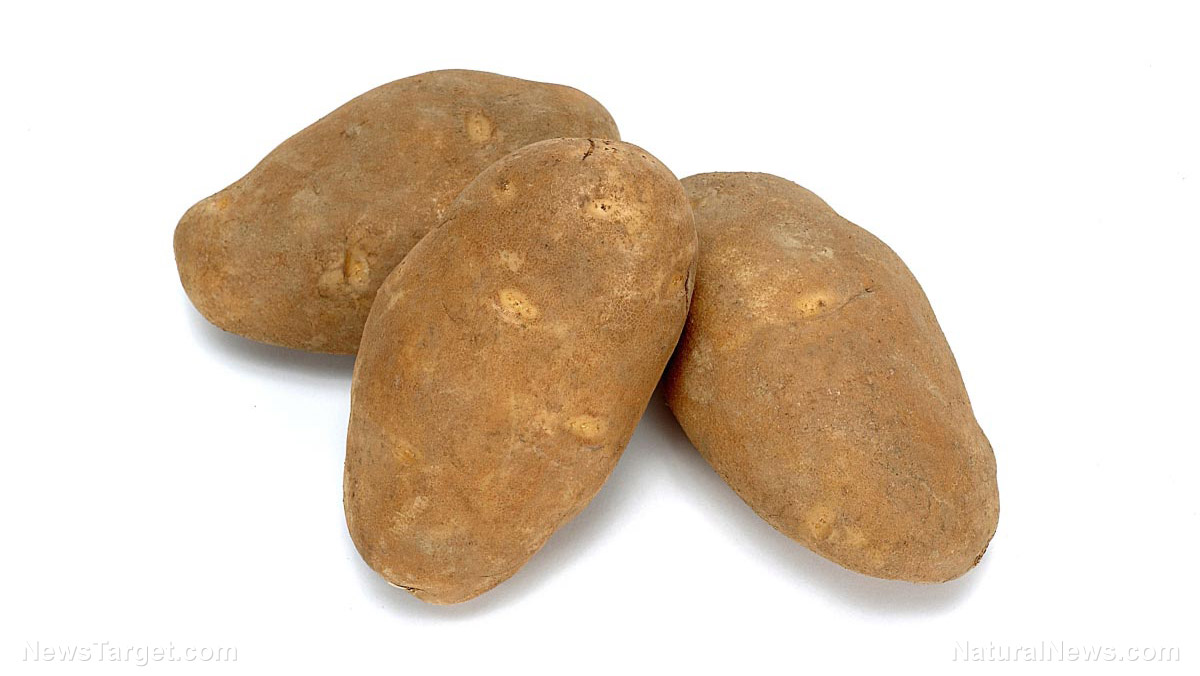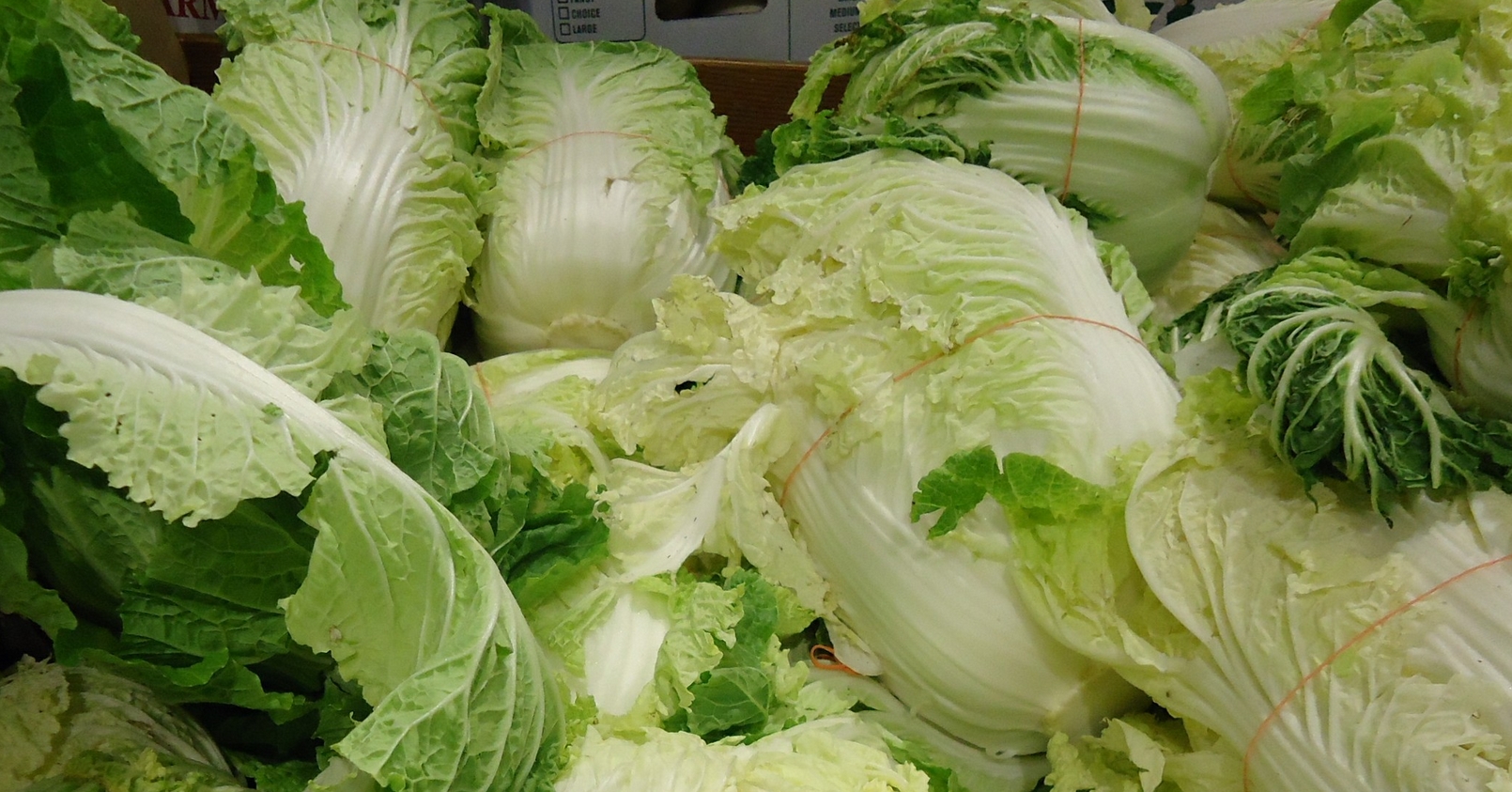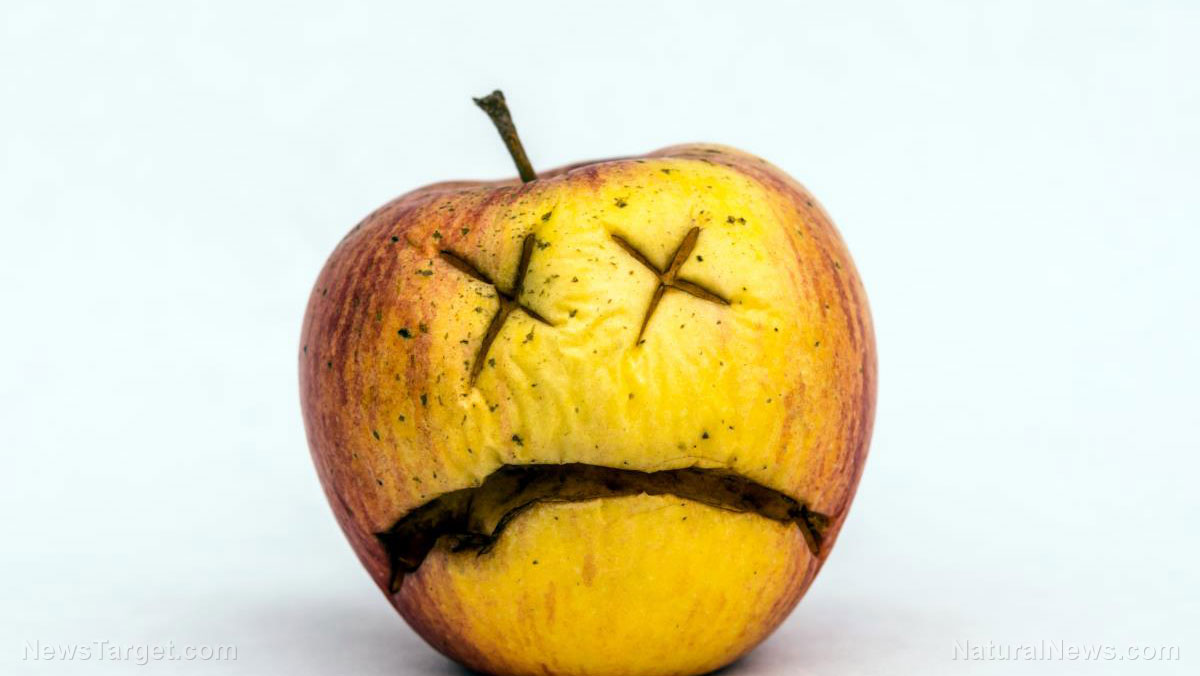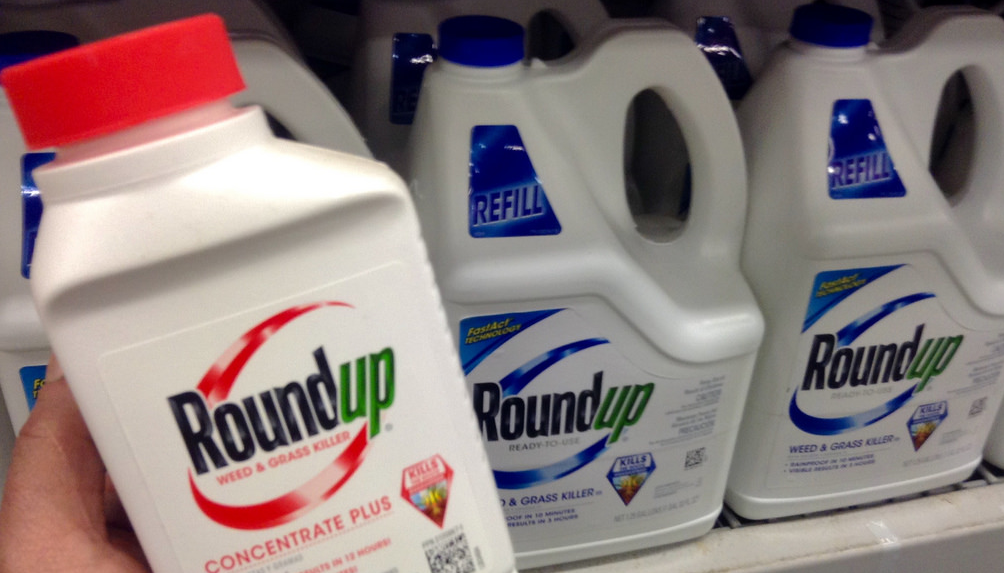Not sweet at all: Study finds artificial sweeteners can harm your microbiome
03/24/2019 / By Zoey Sky
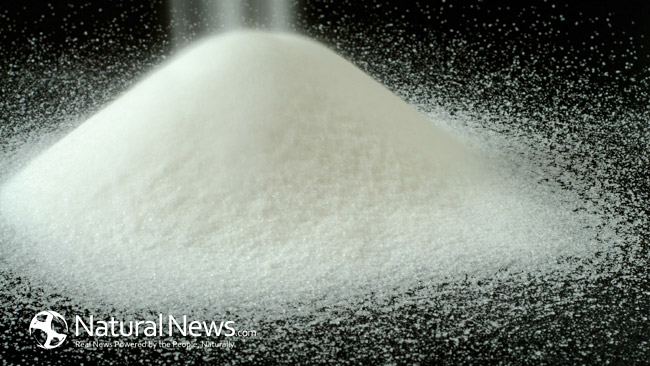
Artificial sweeteners may seem like safe sugar alternatives, but the truth is, they are also linked to negative side effects. In fact, a study revealed that artificial sweeteners can affect the balance of “good” bacteria in your microbiome.
Unlike sugar, artificial sweeteners contain almost no calories. However, the latter is associated with various health risks. Unfortunately, even “healthy” food like bread, fruit juice, and yogurt sometimes contain artificial sweeteners. Several studies have determined that sweeteners are associated with health conditions like cancer and Type 2 diabetes.
Meanwhile, new research suggests that artificial sweeteners could also be killing off some of the beneficial bacteria that live in your gut. According to these studies, the damage to your microbiome could cause glucose intolerance and gut disorders like Crohn’s disease.
Artificial sweeteners and gut health
For the 2018 study, which was published in the journal Molecules, researchers from Israel and Singapore tested how strains of E. coli bacteria that live in the intestines reacted when exposed to different concentrations of artificial sweeteners.
The researchers used versions of E. coli that were genetically modified to light up in different ways if they detect toxins. The bacteria were exposed to six different sweeteners: acesulfame potassium-k, advantame, aspartame, neotame, saccharin, and sucralose. Additionally, the bacteria were exposed to 10 sport supplements that contained these additives.
The American Cancer Society reports that aspartame is at least 200 times sweeter than sugar and that only a very small amount is needed to give food and beverages a sweet flavor. But experts warn that individuals with phenylketonuria (PKU) and those who are taking medications for schizophrenia should avoid aspartame.
A person with PKU has too much phenylalanine in the blood. Phenylalanine, an essential amino acid found in protein sources – like dairy products, eggs, fish, and meat – is one of the two ingredients of aspartame. Patients with PKU are unable to properly process phenylalanine, which means aspartame is highly toxic for them.
Tardive dyskinesia (TD) is believed to be a side effect of some schizophrenia medications. The phenylalanine in aspartame may trigger the uncontrolled muscle movements of TD, so avoid foods and beverages containing aspartame if you are taking such medications.
All the sweeteners damaged the bacteria in different ways. Gut damage due to artificial sweeteners may result in glucose intolerance, which can then increase the risk of diabetes.
However, Dr. William Cefalu, chief scientific, medical, and mission officer at the American Diabetes Association, explained that the lab study used an in vitro method that “lacks translation to humans.” Cefalu added that these “preclinical” studies, can’t allow for real-life factors that may affect human metabolism, like how certain substances are absorbed in the gut.
Artificial sweeteners and the loss of some beneficial bacteria
The results of an earlier study, which was published in 2014 in the journal Nature, also implied that artificial sweeteners can damage gut bacteria. (Related: 6 Common artificial sweeteners found to be toxic to gut bacteria.)
In this study, mice that were given sweeteners experienced changes in their gut bacteria, along with the loss of some beneficial bacteria.
Those bacteria make up at least 1,000 species that can be found in your gut. These good bacteria can help fight off disease, regulate weight, maintain heart and brain health, and digest food. Losing some of those bacteria is linked to an increased risk of diabetes, irritable bowel syndrome, and other conditions.
Based on data from a 2015 study – published in the journal Gut Microbes – the gut bacteria of different individuals can also respond differently to artificial sweeteners. This means certain sweeteners “could potentially be more toxic to some people’s microbiome than others.”
Some additives may be considered safe by the FDA, but don’t be willing to risk your health with these artificial sweeteners. Always choose the healthy goodness of natural sweeteners.
Sources include:
Tagged Under: additives, artificial sweeteners, aspartame, digestion, digestive disorders, glucose intolerance, gut bacteria, gut health, gut microbiome, ingredients, neotame, poison, saccharin, sucralose, sugar, sweeteners, toxic ingredients, toxins



